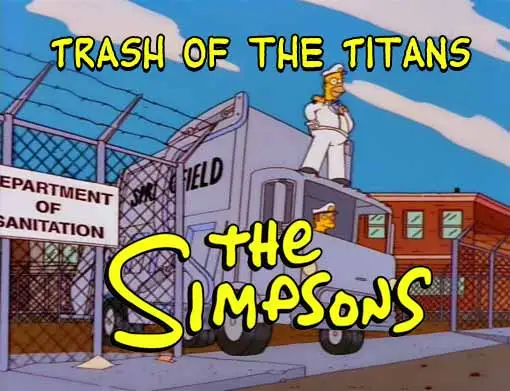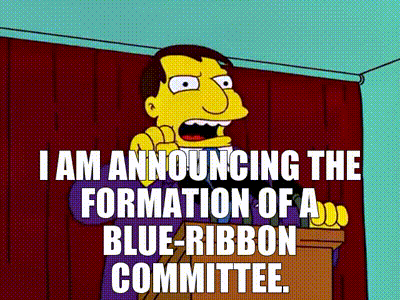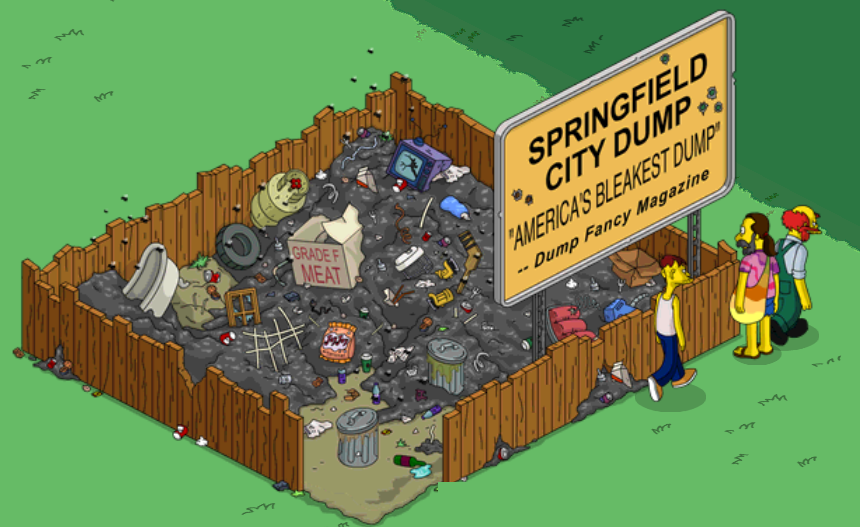Unpicking the images of the mountains of rubbish appearing on social media in Tower Hamlets? What do they tell us? Something more worrying than the average pay dispute.
Introducing the Rubbish Pile Wars of the East End

In the wake of the Liveable Streets War’s conclusion, a fresh battlefront has emerged amidst the political landscape of Tower Hamlets, a saga we fondly dub the Rubbish Piles Skirmish. Pictures and videos capturing the sight of refuse mounds cluttering our streets have made their way onto social media, accompanied by a medley of explanations and tales.
Within the local Labour Party, a fervent rivalry has sprung to life among assorted factions, all endeavouring to prove their mettle as the true champions of the workers. This has escalated dramatically, with one former Labour councillor casting aspersions upon any council employee who dares to tackle the rubbish heaps as ‘scabs.’
These towering rubbish piles are a consequence of an industrial dispute involving the Tower Hamlets Council and neighbouring authorities, pitted against the members of the Trade Union, Unite. While the discourse over who genuinely represents the working class continues unabated, it unveils a disconcerting tableau of the refuse collection department within Tower Hamlets Council.
A Picture of Incompetence at Tower Hamlets Council’s Refuse Collection Department?

The picture we’re seeing here points to a serious hiccup in how Tower Hamlet’s refuse collection department is being run. Let me break it down for you.
Over in the UK, strikes don’t just pop out of thin air. We’ve got some of the strictest strike laws in all of Western Europe. Before a trade union can pull their workers out of action, they’ve got to jump through some legal hoops. This includes things like mailing out ballots to their members and giving their employer a heads-up about the impending strike. In this case, Tower Hamlets Council, as the boss, would have had plenty of time to get their ducks in a row.
The usual routine would involve the bigwigs, and operational managers, in charge getting in touch with their staff to see who’s planning to show up for work. Here’s the catch: not everyone’s playing by the same rulebook. Some workers, like those from temp agencies, don’t have the same terms and conditions. Plus, not everyone’s signed up with Unite, the union. And even among Unite members, you’ve got folks who aren’t on board with the strike or folks who support it but can’t afford to lose out on their pay. This whole process helps the higher-ups figure out where the gaps in their service might be and lets them prioritise and tackle those issues when the strike hits.
Sadly, it looks like this basic housekeeping stuff at Tower Hamlets Council got swept under the rug. It’s painting a pretty clear picture of a department that’s not firing on all cylinders, as we can see from the declining performance leading up to the strike.
A much-needed post-mortem is required: Who took their eyes off the rubbish?

Statistically, the majority of industrial disputes in the UK are typically resolved within a 12-month timeframe. As I conveyed to a former colleague who served as a councillor, it is imperative that the Labour Party’s electoral strategy for 2026 transcends mere reliance on imagery from a 2023 industrial dispute. There are, however, fundamental and persistent structural concerns that need to be addressed. These encompass managerial unpreparedness and challenges related to staff recruitment and retention. Speaking to an insider within the department, is it a case of deliberate sabotage?
Now, mark my words, unless we tackle these problems head-on, especially in the realm of rubbish collection, we’re just going to keep ping-ponging from one disaster to another. Come 2026, whoever’s running the show at the Council is going to inherit this whole mess, and you know who suffers the most? Yep, you guessed it – the good ol’ Tower Hamlets residents, left out in the cold, as usual.


Recent Comments